1 Corinthians 4–6Sample

Freedom and Responsibility
By Danny Saavedra
“‘I have the right to do anything,’ you say—but not everything is beneficial. ‘I have the right to do anything’—but I will not be mastered by anything.”—1 Corinthians 6:12 (NIV)
Freedom . . . I believe the western culture has a wildly different, self-centered viewpoint of this idea. For example, just because freedom of speech says I can express opinions, criticize, and have the right to write scathing, mean-spirited reviews without fear of legal recourse doesn’t mean it’s right. Likewise, just because I have the legal freedom and right to eat whatever I want, smoke, or gamble with my own money doesn’t mean it’s good for me. Just because I can doesn’t mean I should.
In today’s passage, Paul says, “I have the right to do anything.” Another translation says, “all things are lawful for me” (ESV).This is our Christian freedom. You see, in Christ we’re fully forgiven, innocent, justified, and set free from sin and death. A believer who is sealed with the Spirit and made alive in Christ can do nothing to lose their salvation because no sin can separate us from the love of God in Christ. Thus, in the economy of eternity, we’re legally “free” to do anything without fear of hell. However, just because we can doesn’t mean we should!
While yes you can do anything without fear of hell, not everything is beneficial. You can commit any sin and still be forgiven, but by doing so you’re 1) living in rebellion to God, which grieves His heart because He loves you and desires the very best for you, 2) not walking in His perfect, good, and beneficial purposes, plans, and designs for your life which enable you to live the best life humanly possible, and 3) you’re subject to earthly repercussions even if you’re not subject to eternal judgment.
What do I mean by this? Simply put, sin has consequences. Some “expressions” of Christian freedom (eating, drinking, smoking, sexual sin, exposure to certain forms of entertainment, financial irresponsibility, etc.) may lead to potentially serious physical or temporal complications, and all sinful lifestyles will eventually lead to deep brokenness in your soul, broken relationships, loneliness, bitterness, unmet expectations, and a distortion of your identity, belonging, worth, and purpose. And not only that, but these expressions of Christian freedom can also be detrimental to another believer’s walk. For example, you may have no issues with drinking or watching certain things, but another believer may struggle in these areas. It's not beneficial in those moments for you to exercise your freedom, but to instead practice self-control and serve and edify that person by abstaining in their presence.
So, Paul implores us to not be mastered by anything, but to instead bring all our freedoms, rights, and expressions of them captive under the mastery of Christ and His Word (2 Corinthians 10:5), to be led by His Spirit in what we say, think, and do (Galatians 5:25), to live in a manner worthy of the gospel of Christ (Philippians 1:27), and to not “use [our] freedom to indulge the flesh; rather, serve one another humbly in love” (Galatians 5:13 NIV). May we receive this wise counsel with humility.
Pause: What does true Christian freedom look like in practice?
Practice: How can you exercise your freedom in Christ to serve others humbly in love? How can you keep yourself from being mastered by anything? How can you know if something is beneficial or not? Ponder these questions and talk it over with a trusted believer, leader, or pastor. You can also reach out to me—you can find my contact info on the final day of the plan—and I will help you in any way that I can!
Pray: Father, I desire to bring all things captive and make them obedient to Christ. Help me to exercise the freedom His sacrifice has afforded me to glorify You, to serve You, to serve others humbly, and to draw others to You. Amen.
Scripture
About this Plan

In part two of a five-part, verse-by-verse journey through the Book of 1 Corinthians, we'll dive into chapters 4–6 as we discover what real church looks like and how believers are meant to work through issues together.
More
Related plans

The Church - Ephesians 4
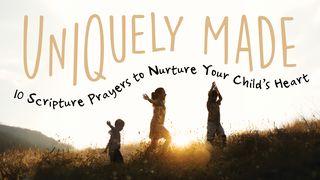
Uniquely Made: 10 Scripture Prayers to Nurture Your Child’s Heart
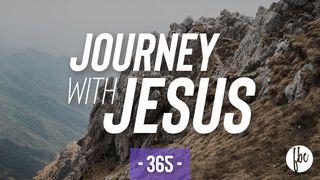
Journey With Jesus 365
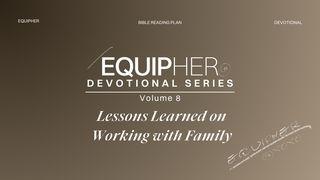
EquipHer Vol. 8: "Lessons Learned on Working With Family"
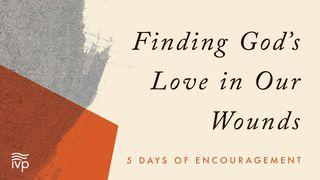
Finding God’s Love in Our Wounds
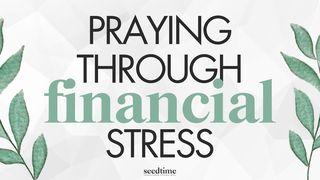
Praying Through Financial Stress

Emulating Jesus in a Dark World

There Is No Law Against These Things
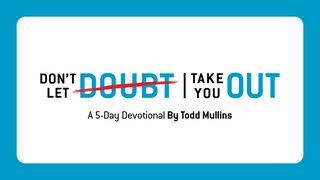
Don't Let Doubt Take You Out
